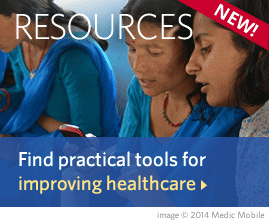With the support of Jhpiego, the Government of India implemented an initiative called ‘Dakshata’, which aimed at improving QoC in intra and immediate postpartum period…
Read More...Showing results for: Human Resources for Health
Through the USAID-funded Organized Network of Services for Everyone’s Health (ONSE) Activity, MSH is assisting Malawi’s National Malaria Control Program to provide high-quality malaria services…
Read More...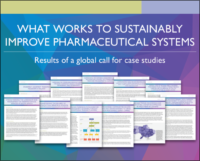
It takes a resilient pharmaceutical system working within and in support of a functioning health system to ensure access to products and services for the…
Read More...Mobility International USA hosts the Women’s Institute on Leadership and Disability (WILD), inviting international delegates representing over a dozen countries to the United States. The…
Read More...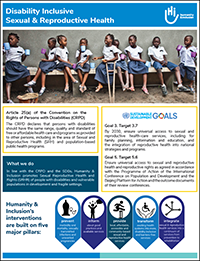
In line with the Convention on the Rights of Persons with Disabilities and the Sustainable Development Goals, Humanity & Inclusion promotes the sexual reproductive health and…
Read More...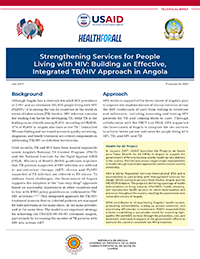
In support of TB/HIV service integration, the USAID-funded Health for All project provided coordination and advocacy at the national level to align Angola’s National TB…
Read More...In recent years, a great deal of debate and rhetoric in global health has focused on the importance of health systems strengthening (HSS), especially in…
Read More...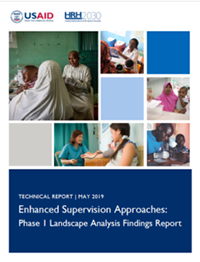
Effective supervision approaches and practices help compensate for shortfalls in human resources for health (HRH) training, management, and efforts to improve the quality of health…
Read More...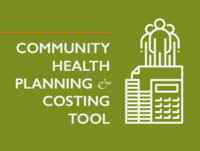
Through funding and technical contributions from the United Nations International Children’s Emergency Fund (UNICEF), MSH developed the Community Health Planning and Costing Tool (CHPCT) to…
Read More...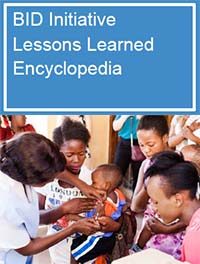
Improving immunization coverage and optimizing service delivery requires that decision-makers at all levels of the health system have access to high-quality data to use in…
Read More...



